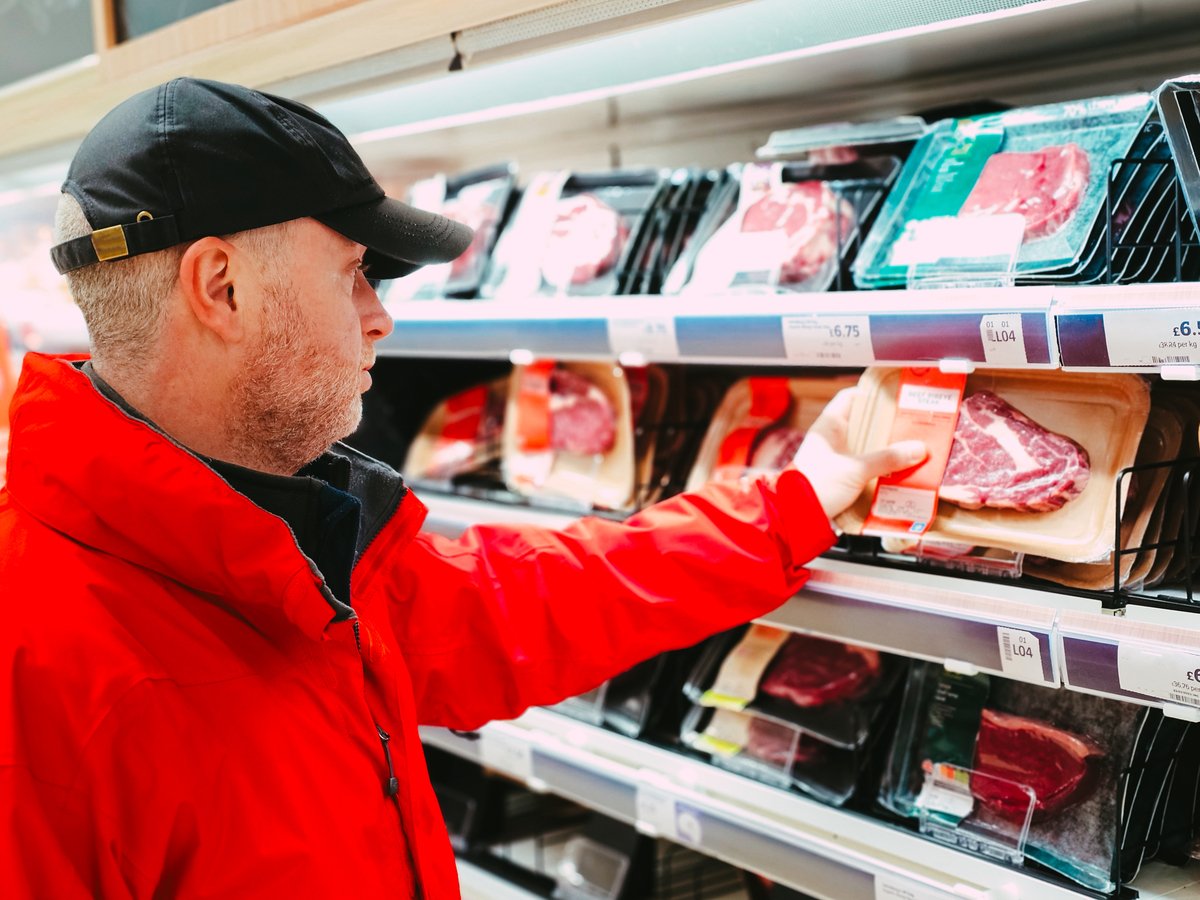Shares of Beyond Meat (BYND 5.71%) have been unstoppable since the company's May 2 public debut, recently topping the $100 mark. That values the young business at an astronomical $6 billion and over 70 times sales after it generated revenue of $88 million in 2018. By comparison, Tyson Foods boasts a market cap of $28 billion and trades at 0.7 times sales. Tyson generated $40 billion in revenue during its most recent fiscal year.
Of course, investors have been giddy over the growth potential of Beyond Meat's animal-free protein product portfolio. That excitement is supported by revenue growth of 443% from 2016 to 2018 and a promise of plenty more to come.
With all that said, is Wall Street getting a little carried away? Individual investors might get an answer when the company reports first-quarter 2019 earnings Thursday afternoon. Here's what everyone will be watching.

Image source: Getty Images.
All eyes will be on one metric: Growth
Beyond Meat has been firing on all cylinders in recent years. The business has successfully debuted its animal-free products throughout North America, delivering the fastest-growing new product launches in the history of partners like TGI Fridays and A&W Canada. That's pushed customers to invest their own resources to scale distribution, driven Zandbergen World's Finest Meat to commit to constructing the first manufacturing facility in Europe, and blazed a trail into the massive $1.4 trillion global market for animal protein for numerous start-ups to follow.
The solid progress is reflected in financial results released as part of the company's initial public offering (IPO):
|
Metric |
2018 |
2017 |
2016 |
|---|---|---|---|
|
Revenue |
$87.9 million |
$32.6 million |
$16.2 million |
|
Gross profit |
$17.6 million |
($2.2 million) |
($6.3 million) |
|
Gross margin |
20% |
(6.7%) |
(39%) |
|
Operating expenses |
$45.6 million |
$26.4 million |
$18.4 million |
|
Operating income |
($28.0 million) |
($28.5 million) |
($24.8 million) |
|
Adjusted EBITDA |
($19.3 million) |
($17.6 million) |
($21.9 million) |
Data source: Securities and Exchange Commission filing.
In contrast to some more popular tech companies that recently debuted on the public markets, Beyond Meat has a clear path to profitability. Management might decide to plow proceeds from the IPO into growth initiatives, therefore leading to a short-term deterioration in operating income compared to 2018, but that investment has a good chance of paying off for long-term shareholders.
That said, it doesn't seem likely that Wall Street will pay much attention to operating losses for the foreseeable future. The most important metric in the Q1 earnings report will be revenue growth.
Investors and Wall Street will be asking: How quickly did Beyond Meat grow year-over-year sales in the opening quarter of 2019? And will management issue full-year 2019 revenue guidance? Sometimes young companies elect not to do so.
If the animal-free protein developer sets expectations, what growth rate is expected for the year? Does management have a longer-term vision for revenue levels in 2020 or later? The communication of the short-, medium-, and long-term outlooks will make or break Wall Street models for the business.

Image source: Getty Images.
Individual investors should keep in mind that the trajectory of revenue growth will determine the path to and the ceiling for profitability. It's reasonable to expect Beyond Meat could one day achieve higher operating margins than commodity-driven food companies such as Tyson Foods, which reported an operating margin of 7.5% in fiscal 2018.
But how much higher?
Will premium margins the company changes now be short-lived as more animal-free protein developers launch products into the market? After all, established companies such as Tyson Foods and Cargill are investing in the space, and they have significantly more capital to deploy. That could shift Wall Street's infatuation with revenue growth to profitability sooner than investors might think, which could spell trouble for a stock currently trading at 70 times sales the way that Beyond Meat is.
Can this stock grow into its valuation?
There's no denying that Beyond Meat is on a promising trajectory. Revenue is likely to continue growing at a healthy clip for the foreseeable future, while the business has enough capital to weather modest operating losses for at least a couple of years.
That said, shares of the animal-free protein developer are certainly expensive right now, even for investors with a long-term mindset. Will Mr. Market correct for that when Q1 earnings are announced? Investors will find out Thursday afternoon.






